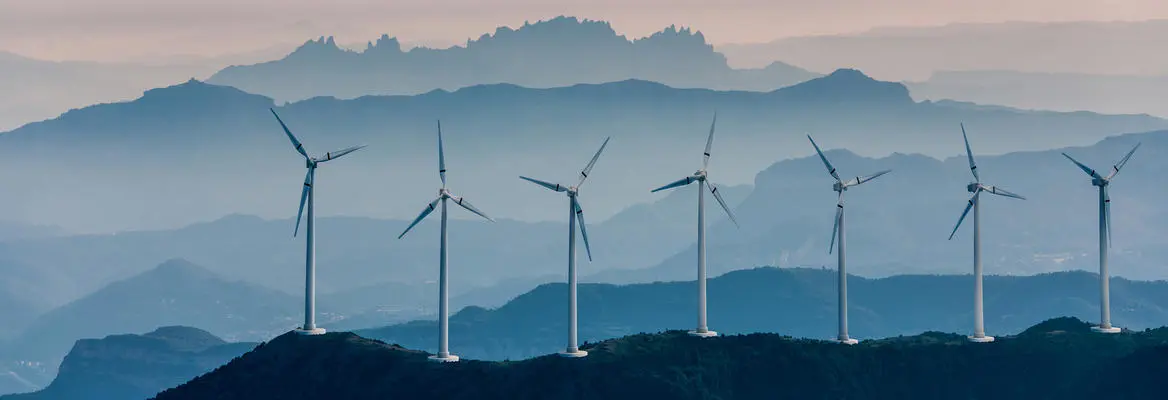Oil and gas have been at the heart of geopolitical conflicts. Russia’s war against Ukraine is the most recent example: EU countries are scrambling to decouple themselves from energy dependence on a hostile Russia. Many believe that an eventual transition to renewable sources of energy will not only slow down climate change, but also put an end to energy-related conflicts. But that is mere wishful thinking. A world dominated by renewable energy will still see one set of countries depend on other. Be it in virtue of more sunlight in Saharan countries, or the concentration of minerals needed for clean energy storage in places like China, or the race to develop the most efficient and cheap low carbon technologies, very few countries will be self-sufficient energy-wise. The geopolitics of energy are here to stay, argue Mathieu Blondeel and Michael Bradshaw.
Fossil fuels—coal, oil, and natural gas—have often been the root cause of conflict and have triggered global economic crises. They are, of course, also at the heart of the global climate crisis. In the past ten years alone, 86 percent of global carbon dioxide emissions can be attributed to the burning of fossil fuels. Unsurprisingly, the need for a so-called global energy system transformation—the structural shift from a fossil fuel-dominated energy system to one dominated by renewables and low-carbon technologies—has topped political agendas for a while now.
Russia’s war in Ukraine is now adding fuel to the fire of transition. It has become clear that fossil fuel exporting states wield enormous power over importing states and, importantly, that they are willing to use it. Take the European Union (EU) for example, 50% of coal, 39% of natural gas, and 25% of oil imports came from Russia in 2021. Initially, the EU was hesitant to ban Russian oil and gas imports in particular (a ban on Russian coal was announced in early-April), since they form the backbone of the bloc’s economy. But the position of many of its member states is shifting, rightfully so.
___
___
For many of Europe’s leaders, it is now simply too much of a threat to the region’s (energy) security to be dependent on a foreign adversary. Russia has stopped the flow of gas to Poland and Bulgaria and threatened to cut off others if they do not comply with their unilaterally imposed, new contractual demands. Energy is once again at the heart of a geopolitical conflict.
But if we bring this global energy transformation to a good end, so the argument often goes, the world will be a less conflict-prone place. It is argued that unlike fossil fuels, the sun and wind are not scarce resources that need to be imported from halfway across the globe that we may eventually run out of. It allows us to become (energy) independent from petrostates, to access cheap and abundant resources, all while saving the planet from a looming climate catastrophe.
In other words, we will no longer have to worry about the geopolitics of energy. But is this really the case? Or, does the transformation create new dependencies—on minerals, technologies, and capital? Will the geopolitics of a world dominated by renewables really be that much different from one dominated by fossil fuels?





















Join the conversation